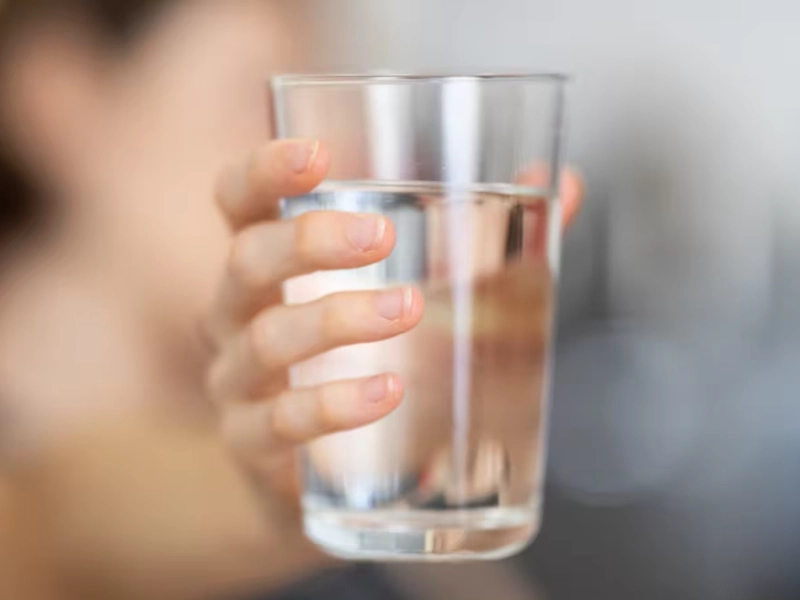Forget 8 Glasses: The New Rule for Staying Hydrated
Advertisement
2. Understanding Your Body's Unique Hydration Needs

Advertisement
One must recognise that everyone's hydration demands are different if one is to be really adequately hydrated. Our bodies are complicated systems shaped by many elements; knowing them will enable us to more precisely control our fluid intake. Body composition comes first among the factors. Since muscle tissue contains more water than fat tissue, persons with higher percentage of muscle mass usually need more water than those with higher proportion of body fat.
Another very important consideration for hydration requirements is activity level. Regular intensive physical activity or exercise will cause someone to lose more fluids through perspiration and breathing, hence increasing fluid intake is necessary to keep balance. Conversely, a sedentary person could need less fluid to remain sufficiently hydrated. Not only is the degree of exercise important, but also the frequency and length of time, which together help to determine total fluid loss and hence hydration requirements.
Additionally very important are environmental and climate factors. Greater fluid loss results from higher sweating brought on by hot and humid surroundings. High elevations can also hasten fluid loss by means of more urine and breathing. By drying out the air and raising insensible water loss through the skin and respiratory system, even air-conditioned surroundings can help to cause dehydration.
Another element greatly affecting hydration level is diet. Foods heavy in water, such fruits and vegetables, help us meet our daily fluid needs. On the other hand, diets heavy in protein or sodium may raise the body's water needs. Consumption of alcohol and caffeine can also affect hydration since both have modest diuretic effects, thereby maybe increasing fluid loss.
Medications and health issues can also influence water requirements. Some medical disorders, such renal disease or diabetes, might change the body's capacity for fluid regulation. Some drugs, especially diuretics, can cause fluid loss, thereby raising or lowering of hydration needs. Usually needing additional fluids to sustain the physiological changes and milk output linked with these states, pregnant and nursing women also have other needs.
One more consideration is age. Our thirst feeling may grow less strong as we age, which would make it more difficult to know when we ought to drink. Older persons especially should be aware of their fluid intake and avoid depending just on thirst as a sign.
Considering these several elements will help us to create a more customised technique for hydration. This can mean paying more attention to our body's signals, changing our fluid intake depending on our daily activity and surroundings, and thinking about the water content of our meals. Knowing our particular hydration requirements helps us to go past the one-size-fits-all solution and towards a more efficient, customised hydration plan.
Advertisement
You May Like

